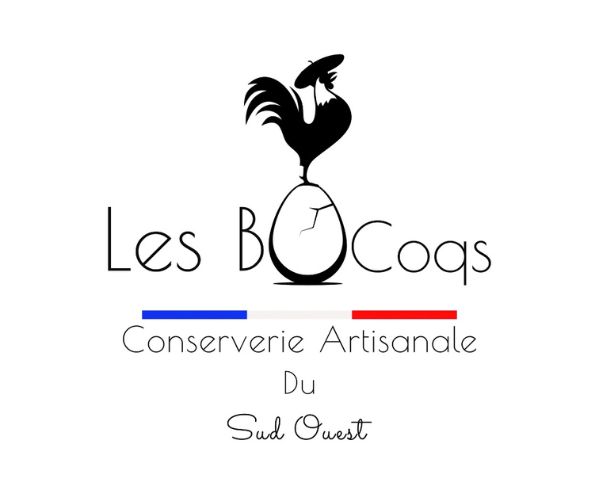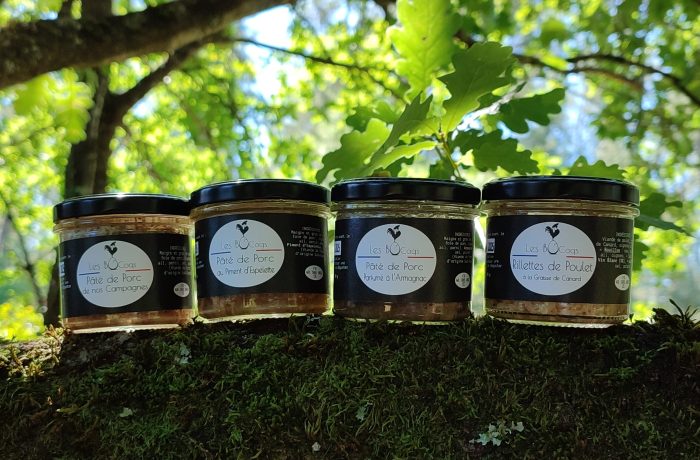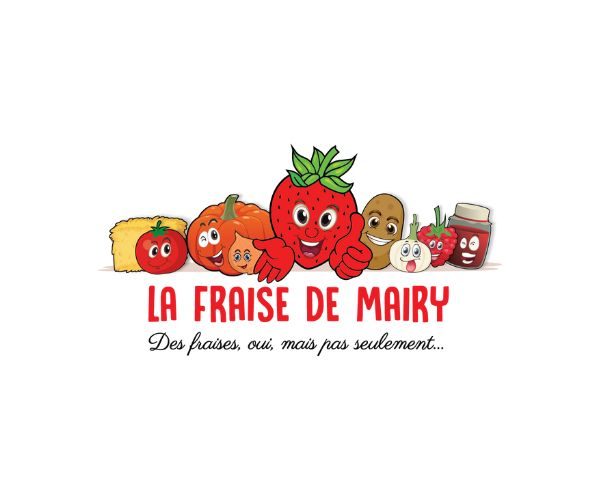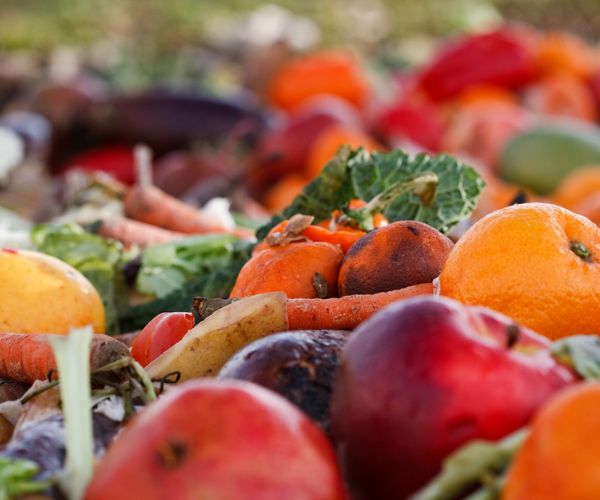Customer testimonials
Trainees in the "Running a canning business" course: they have created BOCOQS
26
Apr

Published on: 26/04/2023
In 2021, Pierick Jacquey and Paul Bedin completed the "Conduire une activité de conserverie" certification course at the CTCPA in Avignon. Since then, they have created their LES BOCOQS cannery. A look back at their journey with co-founder Paul BEDIN.

How did the idea of creating a canning factory come about?
Pierick and I are chefs and pastry chefs by trade. We used to work together in a 4*** hotel on the Landes coast. Unfortunately, with Covid, we were made redundant. So we started making preserves in our spare time to keep ourselves busy. And then one day, the idea was born! Why not start our own canning factory?
Why did you take the CTCPA's "Managing a canning business" course?
A few days after coming up with this idea, we did a search on the internet for certified training courses, and came across CTCPA, the Centre Technique de la Conservation des Produits Agricoles. We saw that you were offering a cycle métier certification course ("Conduire une activité de conserverie") which has been proving its worth for a number of years, so we signed up using our training account.
What did you think of the training?
The training course reinforced our decision to go ahead with our canning project! During the week, we learned an enormous amount about the canning industry. We left with all the answers to the questions we had. In particular, the trainers were able to point us in the direction of service providers. The training clearly helped us get started!
Where do you stand today?
A few months after the training course, we set up our own cannery, Les Bocoqs. Living in a very rich agricultural environment, overflowing with exceptional products, we wanted to combine our know-how with the products of local farmers. Our aim is to create a circular economy.
We currently offer a range of charcuterie products (pâtés and rillettes made from free-range Landes chickens or IGP Sud-Ouest pork).
Soon, we'll be releasing two jams: strawberries with lemon and a carrot jam with orange.
Our products are sold in delicatessens, to works councils, directly at markets and via our own website. online store.
What are your development objectives?
In terms of our offer, we're going to work on a range of ready-made meals. We'd also like to develop a catering service.
In terms of expansion, we're currently renting space from a cannery. In the coming months, we'll be starting construction of our own cannery, comprising a laboratory, showroom and store.
Where can we find you next?
We'll be at MADE IN FRANCE from November 9 to 12, 2023 at Paris - Porte de Versailles.
__
CONTACT LES BOCOQS :
CONTACT CTCPA :
- Training: contact.formation@ctcpa.org
Train as a canner with the CTCPA: Cannery training: learn to make cans (CPF) (ctcpa.org). This training is 100% financeable via your personal training account.
The CTCPA accompanies you on the development and validation of heat treatment schedules : mapping of chambers, validation of scales, development and optimization of scales, microbiology stability controls...






